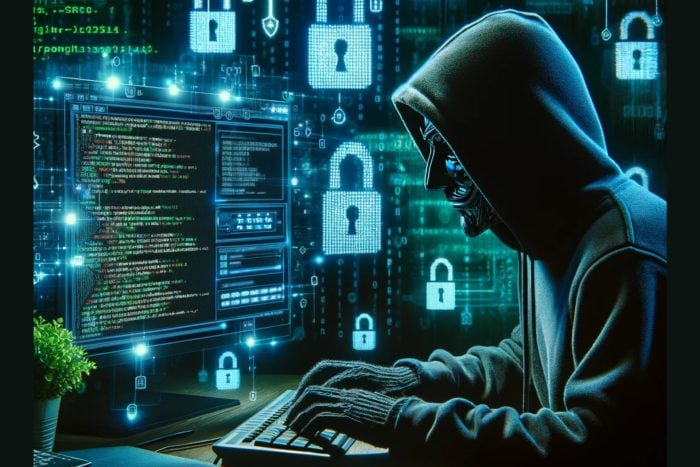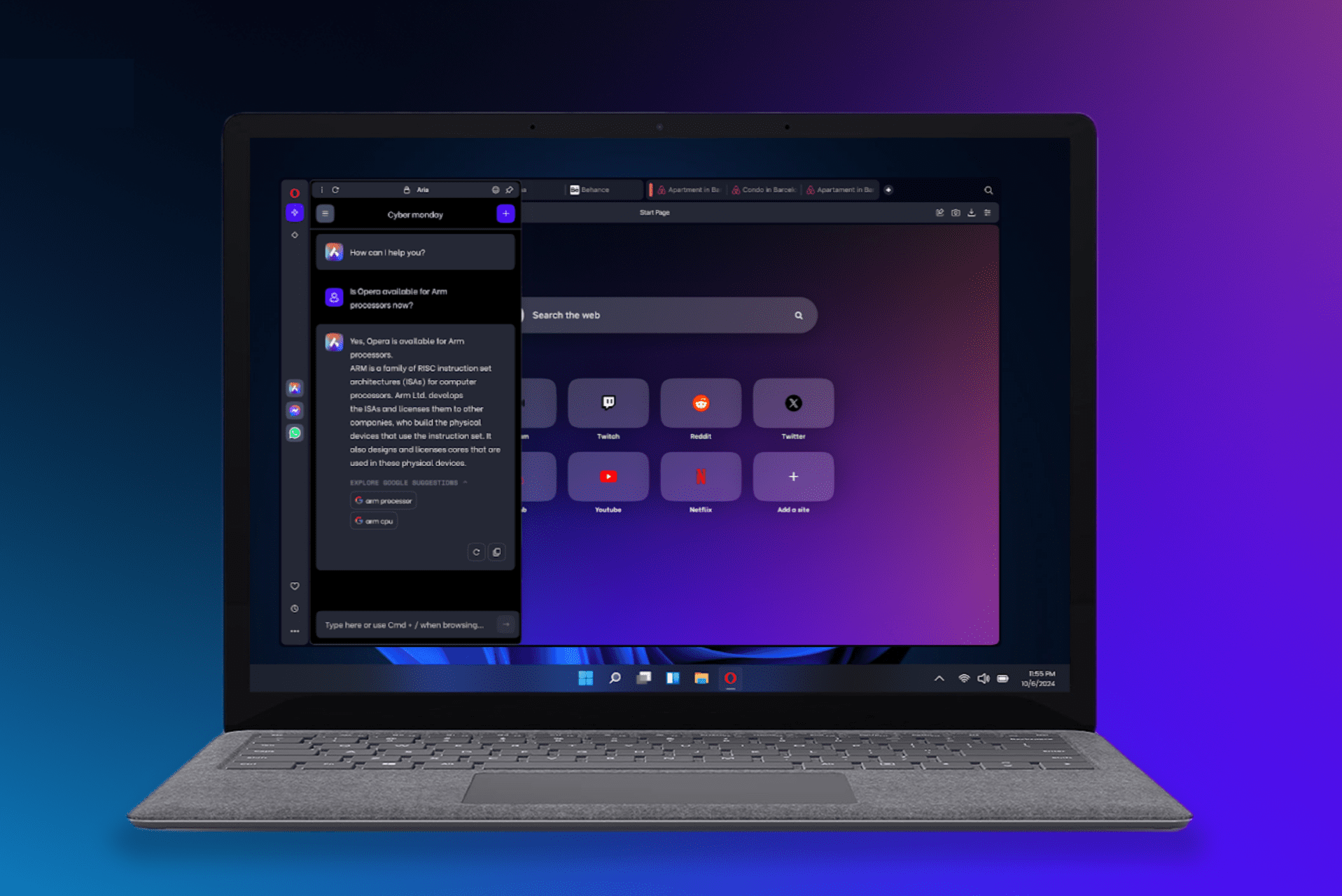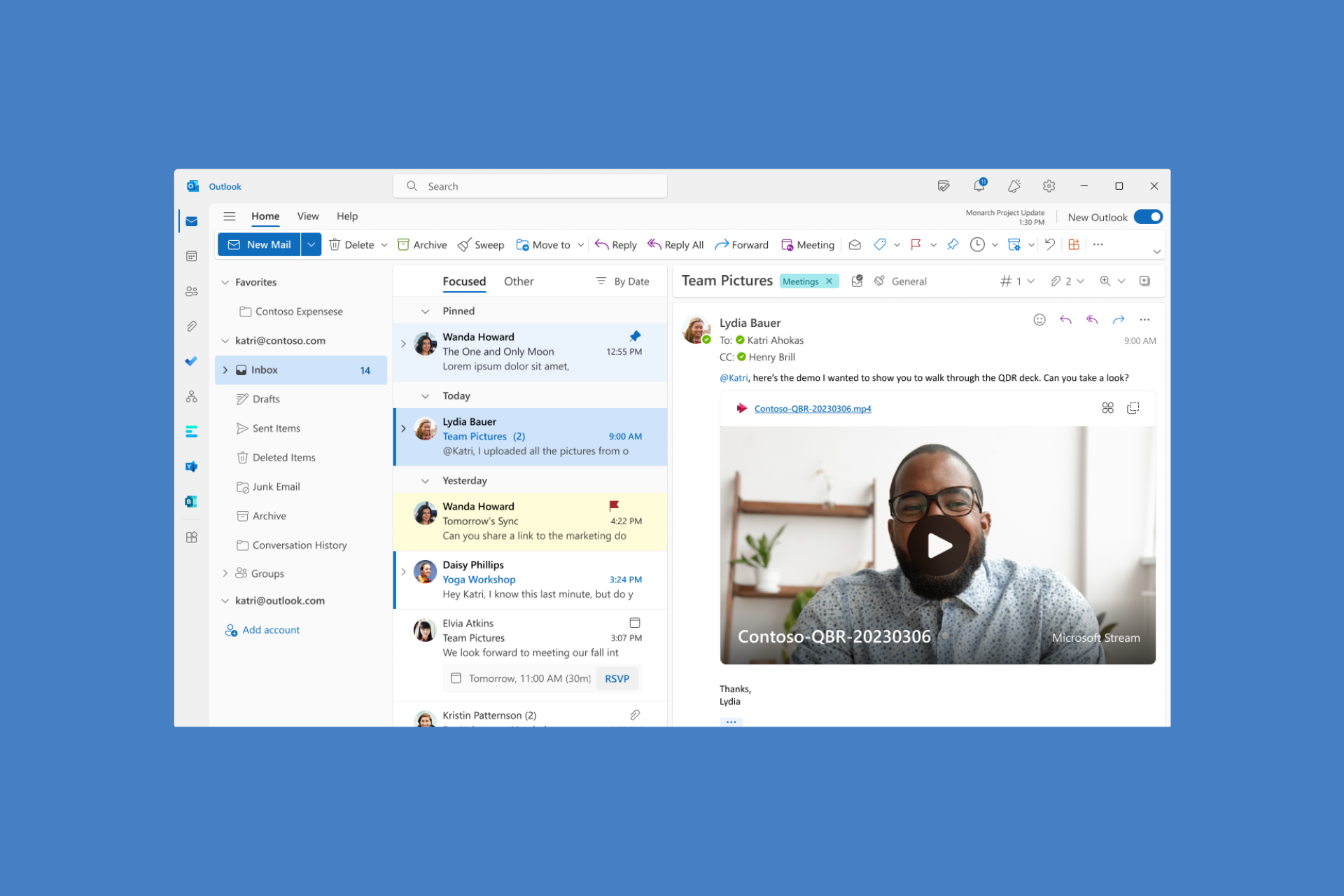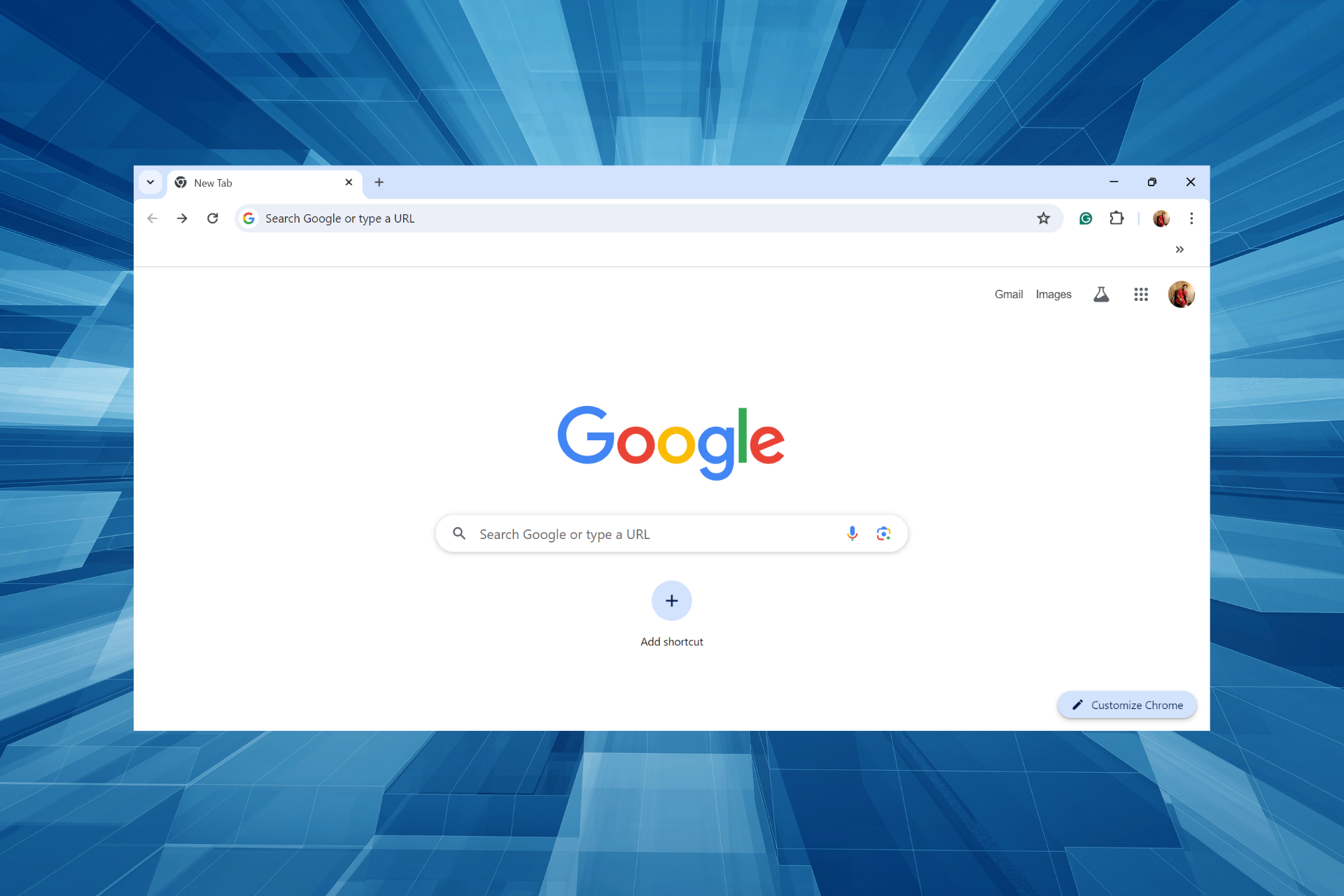Most passwords can be hacked in less than 1 minute. Here's how you can enhance yours
AI tools will be able to crack a password in a fraction of that time
3 min. read
Published on
Read our disclosure page to find out how can you help Windows Report sustain the editorial team Read more

The IT firm Hive Systems recently shared some eye-opening insights. They’ve got this 2024 password table that shows how long it takes to hack a password with the best consumer-accessible hardware. And guess what? An 8-character password can be cracked in only 37 seconds using brute force techniques if it formed only by numbers.
First, we need to clear out what the brute force is all about when we’re talking about password hacking. It’s the most simple technique to crack a server by bombarding it with simple password combinations of characters starting with 12345678, password123 and similar others.
If you need more information about that, we have a guide that explains the difference between password spraying and brute force techniques.
How can I improve my password strength?
Many passwords are cracked every day and that’s just because they are not complex enough. The longer and more complex your password, the safer you are. Many sites now require passwords to have at least eight characters, including a mix of letters, numbers, or symbols. But experts are suggesting we might need to up our game even more.
For a bit of perspective, consider this: a password that’s just numbers and eight characters long can be cracked in less than a minute. But if you double the characters, even if it’s just numbers, you’re looking at 119 years for a hacker to figure it out. Experts are leaning towards longer passwords, even if they’re simpler.
Now, here’s something to chew on: the time it takes to crack a password has actually increased, thanks to more robust encryption methods analyzed this year. But don’t get too comfortable. With computing power on the rise, this security might not last long. And if your password is something easy to guess, like a dictionary word or something you’ve used on multiple sites, the time to crack it drops dramatically.
Nowadays, with AI PCs on the rise, artificial intelligence has become the ultimate tool for hacking, and wrongdoers considerably reduced the time it takes to hack passwords.
So, while longer and more complex passwords are definitely better, managing them can be a headache. That’s where password managers come in handy. They not only store your login credentials securely but also help you create unique, complex passwords for each site you visit.
Even if a site’s security isn’t top-notch, features like two-factor authentication can add an extra layer of protection. And while changing your password frequently used to be the go-to advice, experts now recommend creating strong, unique passwords and sticking with them unless there’s been a breach.
In the end, it’s all about staying one step ahead of the hackers. With the right precautions, you can make their job a whole lot harder. So next time you’re setting up a password, think about making it a bit longer and a bit more complex. Your future self will thank you.








